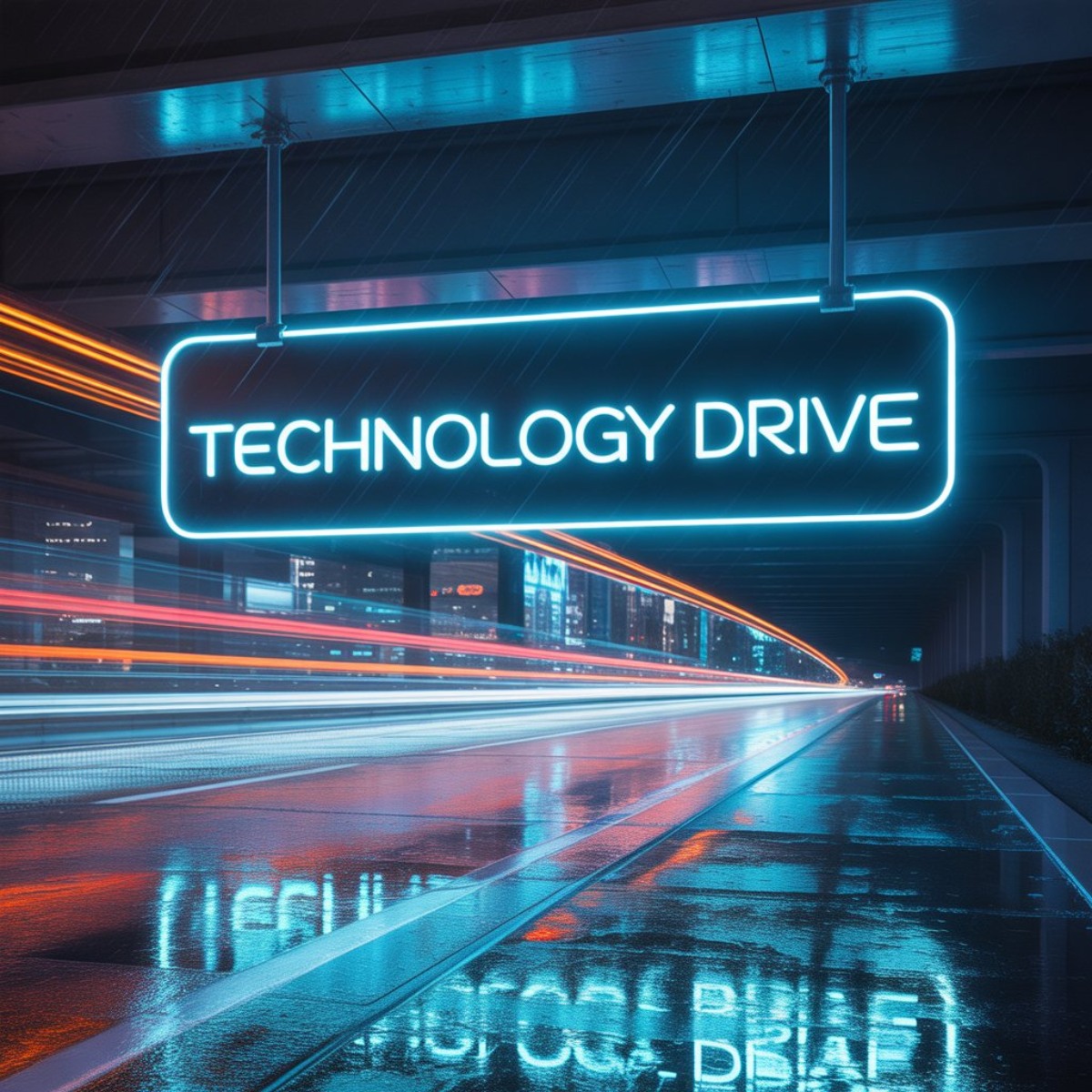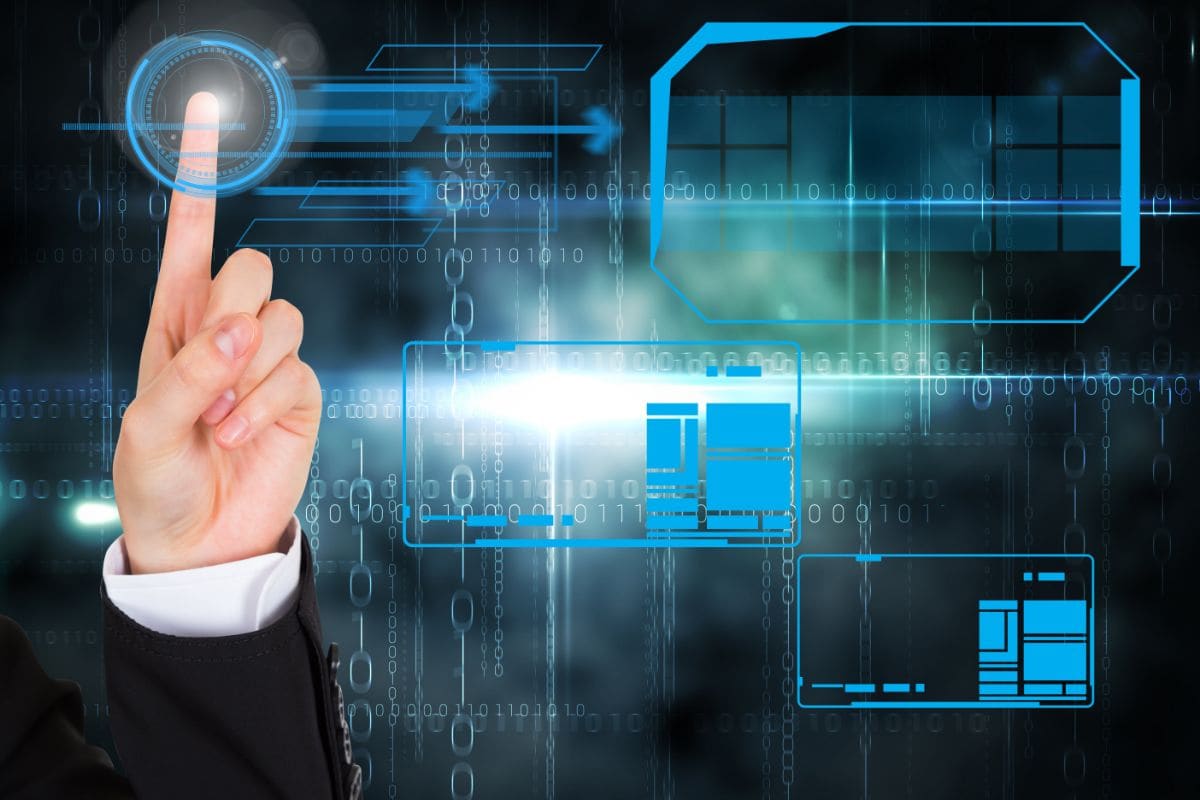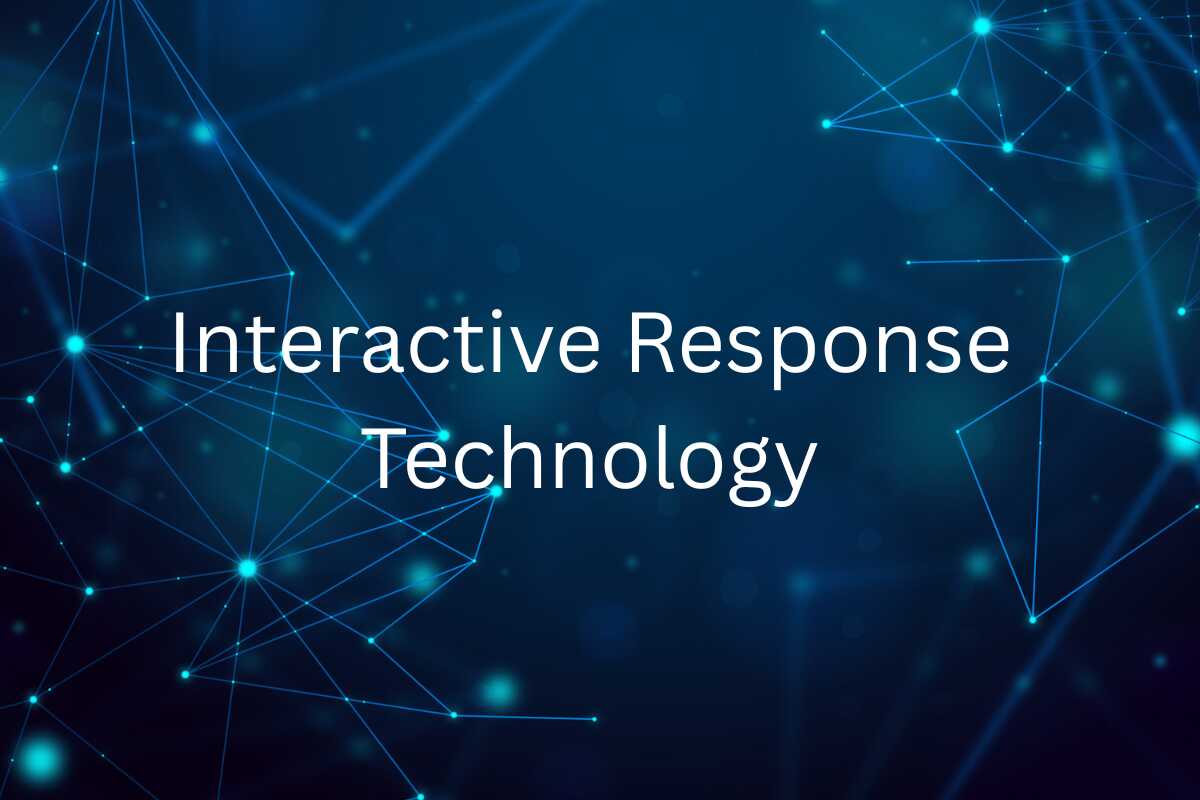In today’s interconnected world, technology giants play a crucial role in shaping global dynamics. Companies like Google, Apple, Microsoft, and Amazon have transformed how we communicate, work, and live. But their influence now extends far beyond consumer products. These tech behemoths are increasingly becoming pivotal players in global security, introducing promising opportunities and complex challenges for the future. As Technology Giants Control the Global Security more than ever before, their reach into national defense, cybersecurity, and intelligence operations marks a significant shift in how power and protection are distributed in the digital age.
The Rise of Tech Giants in Global Security
Over the past two decades, the integration of advanced technologies into the defence, intelligence, and law enforcement sectors has accelerated. Tech giants have spearheaded this transformation by providing innovative solutions to enhance national security.
Key Examples:
- Amazon Web Services (AWS): AWS hosts critical government data and offers worldwide cloud solutions to defence agencies. Its services are integral to managing sensitive information securely.
- Microsoft: The company’s Azure platform supports the Pentagon’s cloud infrastructure, showcasing a direct collaboration with national defence organizations.
- Google: Leveraging artificial intelligence, Google’s technologies are applied to advanced security measures, such as surveillance and threat analysis.
These partnerships highlight a paradigm shift where private corporations hold significant sway in safeguarding nations, once exclusively the domain of governments.
Opportunities: The Advantages of Tech Giants in Security
 1. Advanced Technology and Innovation
1. Advanced Technology and Innovation
Tech giants invest billions annually in research and development, driving artificial intelligence, machine learning, and cloud computing breakthroughs. These innovations enable more effective threat detection and prevention mechanisms.
2. Efficiency and Scalability
With the unmatched capacity to manage and analyze massive datasets, these companies deliver swift and scalable solutions that enhance the efficiency of security operations.
3. Cybersecurity Expertise
In an era of escalating cybersecurity threats, the expertise of companies like Google and Microsoft is indispensable. Their ability to detect, mitigate, and respond to cyberattacks fortifies national and global security frameworks.
4. Resource Availability
With vast financial and technological resources, tech giants are uniquely positioned to stay ahead of emerging security threats, allocating substantial budgets to safeguard critical infrastructure.
Challenges: The Risks of Technology Giants in Security
While the advantages are significant, there are also pressing concerns surrounding the role of tech companies in global security.

1. Data Privacy and Surveillance
Tech giants manage immense volumes of personal data. This raises fears about increased surveillance and the potential misuse of information. Striking a balance between security and individual privacy is an ongoing challenge.
2. Monopoly and Control
The concentration of security capabilities in a handful of companies creates a monopolistic landscape. Such dominance can stifle competition and innovation, leaving governments overly dependent on these corporations.
3. Accountability and Transparency
Unlike government agencies, private companies are often not held to the same accountability standards. Ensuring ethical practices and transparency in decision-making processes remains a formidable task.
4. Dependence and Vulnerability
Relying heavily on tech giants for critical security infrastructure introduces vulnerabilities. Any disruption—technical failure or geopolitical tension—could have severe consequences.
The Future of Technology Giants in Global Security
The role of technology giants in global security is likely to grow, with several potential scenarios shaping the future:
1. Increased Collaboration
Governments and tech companies may collaborate more closely, developing standardized security protocols and sharing threat intelligence. This could lead to a more secure digital environment.
2. Fragmented Power
Divergent regulations across countries may create fragmented security landscapes. Geopolitical tensions could result in tech companies being leveraged as political tools, increasing the risk of cyber warfare.
3. Private Protectors
As these corporations grow in power, they might establish private security forces to protect their infrastructure and users. These blurred lines between public and private security could lead to a more militarized digital world.
Factors Shaping the Future
Several factors will influence the trajectory of tech giants’ involvement in global security:
- Regulation: How governments regulate these companies will determine the balance of power and responsibility.
- Technological Advancements: Emerging technologies like quantum computing and AI will redefine security capabilities and threats.
- Public Opinion: Increasing demand for transparency and accountability will shape the actions of tech companies and governments alike.
Conclusion
The increasing involvement of technology giants in global security is a double-edged sword. While their innovations and resources offer unprecedented opportunities to combat modern threats, they also introduce new privacy, accountability, and monopoly power risks. As we navigate this evolving landscape, a balanced approach, combining regulation, collaboration, and ethical practices, will be essential to harness the potential of these tech titans while safeguarding the principles of transparency, accountability, and security. By addressing these challenges thoughtfully, we can ensure a future where technology contributes to a more secure and equitable world.

 1. Advanced Technology and Innovation
1. Advanced Technology and Innovation












